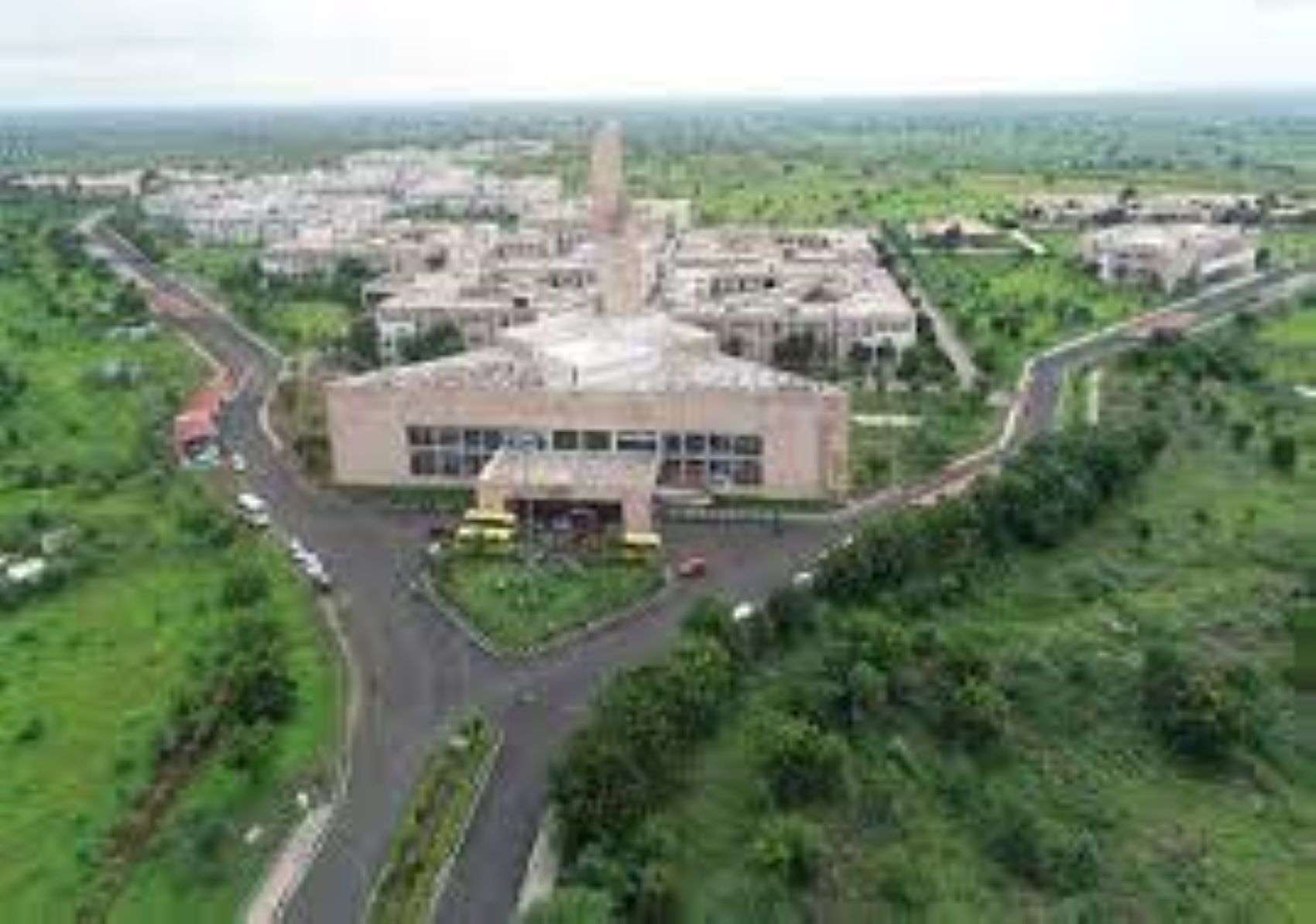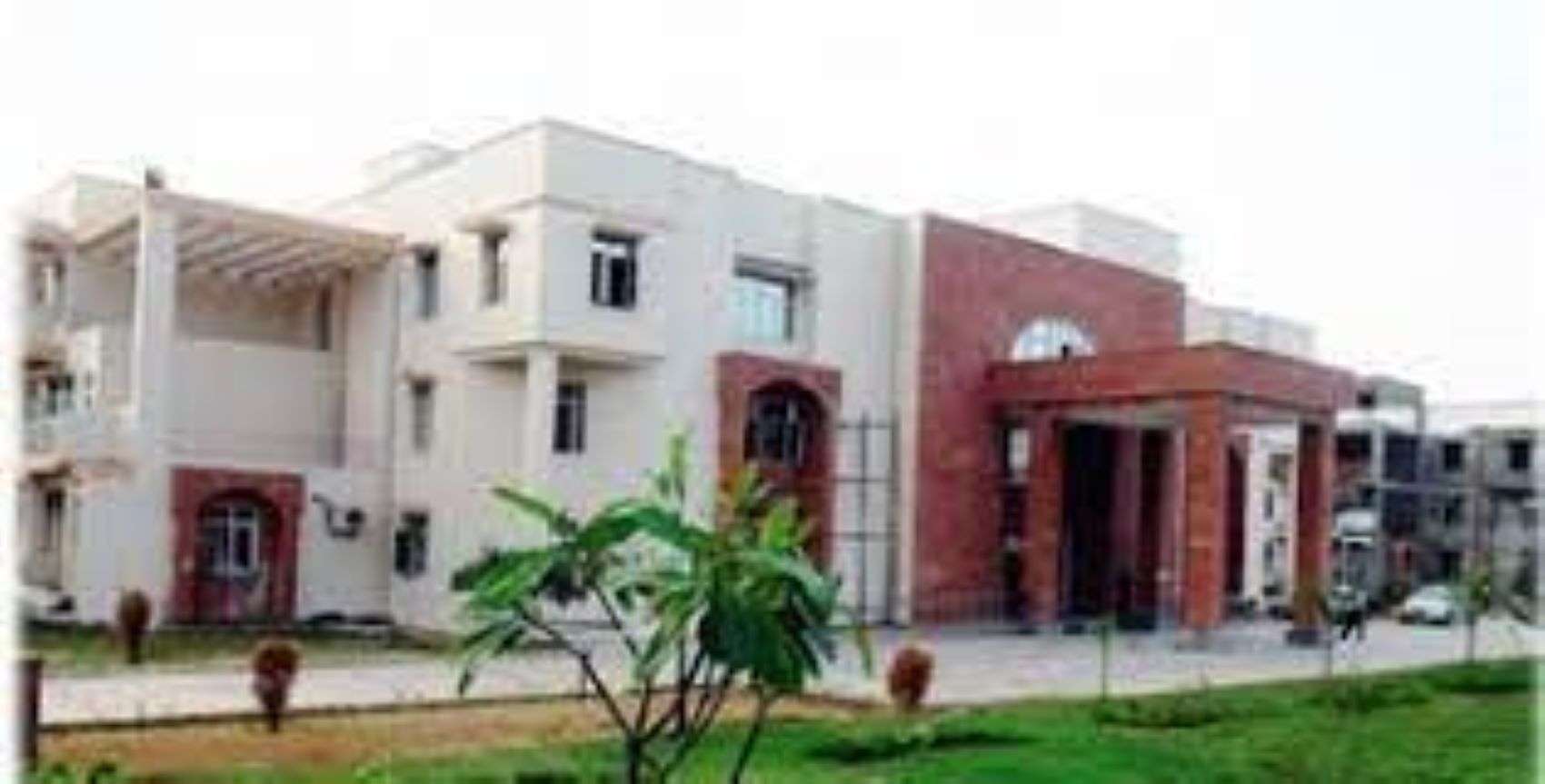The Atal tunnel in Rohtang, near Manali, is almost complete in all respects and was finalized before Prime Minister Narendra Modi opened it at the end of September.
- The 9 km long tunnel under the Pir Panjal mountain range, named after former Prime Minister Atal Bihari Vajpayee, will be the longest road tunnel in the world at over 10,000 feet (3,000 meters).
- It was due to end in May 2020, according to a revised estimate, but the Covid-19 pandemic has delayed its completion by a few months due to lockdown conditions.
Rohtang tunnel: What is the genesis of the project?
A feasibility study for the Rohtang tunnel project was carried out in May 1990, after which the geological report was submitted in June 2004. This was followed by a design and specification report which was prepared and finalized in December 2006.
- Officials from the Border Roads Organization (BRO) said the project received final technical approval in 2003.
- Following approval by the Cabinet Security Committee in 2005, the tenders were was launched in 2007 and the foundation stone was laid in July 2010 by UPA President Sonia Gandhi.
- The project was scheduled to end in February 2015, but was delayed due to unexpected issues. It was originally designed to be 8.8 km long, but GPS readings taken at the end show it to be 9 km long.
What were the problems encountered by the Rohtang tunnel project?
Construction crews were faced with the rapid flow of water from Seri Nullah, which flowed over the route of the tunnel and hampered construction efforts.
- The large volume of water prevented construction for several months as project engineers struggled to find a way to fix the problem. Rock structures encountered by engineers also caused obstacles.
- A BRO official said the tunnel’s south portal contained shale, migmatites and phyllitic rocks, while the north portal inconsistently bent gneiss and biotite shale which were brittle and ductile in nature.
What is the strategic advantage of the Rohtang tunnel?
Crossing the Pir Panjal mountain range, the tunnel will reduce the distance between Manali and Leh by 46 km. The Rohtang Pass, to which the tunnel offers an alternative, is at an elevation of 13,050 feet, and a journey from the Manali Valley to the Lahaul and Spiti Valley, which normally takes around five hours to negotiate, is now reportedly completed in a little over ten minutes.
- While the tunnel will be a boon to residents of Lahaul and Spiti Valley, who remain cut off from the rest of the country in winters for nearly six months due to heavy snowfall, the tunnel will provide near-all-weather connectivity. to stationed troops in Ladakh.
- However, for full connectivity in all weathers, additional tunnels will need to be built on the Manali-Leh road so that the high passes on the axis do not hamper movement due to snowfall.
- A 13.2 km-long tunnel will need to be constructed to bypass the 16,040-foot-high Baralacha Pass, and another 14.78-km-long tunnel will be required in the Lachung La Pass at 16,800 feet.
- A third 7.32 km tunnel will be required at Tanglang La Pass at 17,480 feet.
What are the strengths of the Rohtang tunnel?
- The unique features of this tunnel start quite far from it on the access roads to the north and south portals. The bridges over the rivers to the tunnel access from the two portals have also been completed and are being painted.
- Snow drifts have also been constructed on the tunnel access road on the Manali side, which will ensure connectivity in all weather conditions.
- Other features include an emergency escape tunnel under the main tunnel. This would provide an escape route in the event of an unwanted incident that could render the main tunnel unusable.
- The tunnel also has a telephone every 150 meters, a fire hydrant every 60 meters, an emergency exit every 500 meters, a rotating cave every 2.2 km, air quality control every kilometer, a diffusion system and an automatic detection system. incidents with CCTV cameras every 250 meters.
- BRO officials say the vehicles will travel at a maximum speed of 80 kilometers per hour. Up to 1,500 trucks and 3,000 cars are expected to use it per day when the situation reaches normal post-Covid-19 restrictions.











More Stories
Registration for CLAT 2025 begins today; last date October 15
CLAT 2025 registration will begin on July 15
Delhi University 5 Year Law Programs Registration Begins